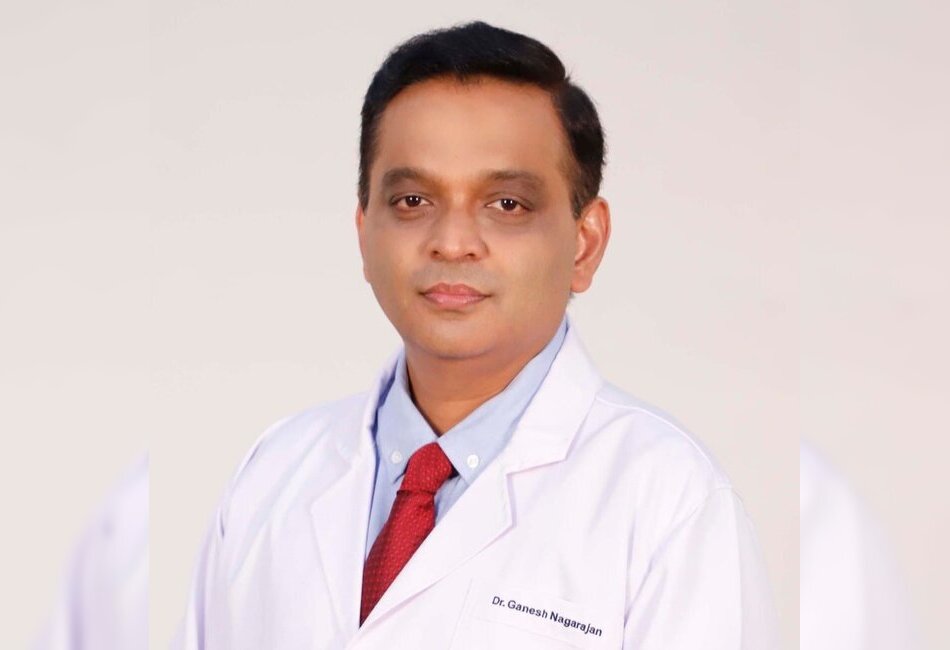Cancer hospitals in Mumbai are renowned for providing world-class medical care and advanced treatment options for cancer patients. These hospitals are equipped with state-of-the-art facilities, cutting-edge technology, and a multidisciplinary team of expert oncologists, radiologists, and surgeons. Offering services such as chemotherapy, radiation therapy, immunotherapy, and surgical oncology, these institutions aim to provide holistic and personalized care.
Mumbai is home to some of the most prestigious cancer hospitals in India, attracting patients from across the country and abroad. These hospitals not only focus on treating the disease but also emphasize early detection, prevention, and rehabilitation. Many cancer hospitals in Mumbai also conduct research and clinical trials, ensuring patients have access to the latest advancements in cancer care.
In addition to medical treatment, these hospitals provide counseling, support groups, and palliative care to address the emotional and psychological well-being of patients and their families. Whether it’s specialized pediatric oncology or targeted therapies for rare cancers, the best cancer hospitals in Mumbai ensure a comprehensive approach to healing.
Patients seeking top-notch facilities and expert care can confidently rely on the cancer hospitals in Mumbai for their commitment to quality and innovation in cancer treatment.
Cancer treatment in hospitals in Mumbai often involves addressing the disease across four main stages of cancer progression. Here’s a brief overview of each stage:
Stage 1: Early Stage
- Characteristics: The cancer is localized to a specific area and has not spread to lymph nodes or other organs.
- Treatment: Early detection leads to high success rates with treatments like surgery or radiation therapy. Mumbai’s cancer hospitals excel in using advanced diagnostic tools for early detection.
Stage 2: Localized Spread
- Characteristics: Cancer has grown larger and may have started affecting nearby tissues or lymph nodes, but it hasn’t spread to distant organs.
- Treatment: A combination of surgery, chemotherapy, or radiation therapy is typically used. Hospitals in Mumbai focus on precise, minimally invasive treatments to target localized spread.
Stage 3: Regional Spread
- Characteristics: Cancer has spread to surrounding tissues and lymph nodes but is still confined to a specific region.
- Treatment: Aggressive treatments, including a combination of chemotherapy, radiation, and targeted therapies, are employed. Mumbai hospitals often provide personalized care plans at this stage.
Stage 4: Advanced/Metastatic
- Characteristics: The cancer has spread to distant organs or tissues.
- Treatment: Focuses on palliative care, immunotherapy, and advanced systemic treatments to manage symptoms and improve quality of life. Mumbai’s top hospitals offer clinical trials and cutting-edge therapies for advanced cases.
Early detection and specialized care at Mumbai’s cancer hospitals significantly improve outcomes.
Dr. Ganesh Nagarajan, a renowned surgical oncologist in Mumbai, emphasizes several key precautions for individuals seeking treatment at a cancer hospital in Mumbai. His suggestions focus on ensuring the best possible outcomes through informed decision-making and proactive care:
- Early Detection and Regular Screening:
Dr. Nagarajan advises regular health check-ups and cancer screenings, especially for high-risk individuals with a family history of cancer or unhealthy lifestyle habits. Early detection significantly improves treatment success rates. - Choosing the Right Hospital:
He stresses selecting a cancer hospital in Mumbai with advanced technology, a multidisciplinary team, and a strong reputation for quality care. Researching the hospital’s expertise in treating specific types of cancer is crucial. - Following Personalized Treatment Plans:
Patients should adhere to the treatment protocol recommended by their oncologist, including chemotherapy, surgery, or radiation. Dr. Nagarajan highlights the importance of understanding each stage of treatment. - Healthy Lifestyle:
Maintaining a balanced diet, avoiding tobacco and alcohol, and engaging in moderate exercise can aid recovery and prevent further complications. - Emotional and Psychological Support:
Dr. Nagarajan suggests utilizing counseling services, support groups, and patient care teams available at leading cancer hospitals in Mumbai to address mental health and emotional well-being. - Post-Treatment Monitoring:
Regular follow-ups and scans are essential to track recovery and prevent recurrence, ensuring long-term health.
These precautions help patients navigate their journey with greater confidence and ensure optimal outcomes.
Clinic Location
Easy Directions to Reach the Clinic
For Patients Using the Western Line:
- Board a train on the Western Railway and alight at Dadar Station.
- Exit towards the West side of the station.
- From Dadar West, the clinic is approximately 1.2 km away. You can:
- Take a short auto-rickshaw ride (5-7 minutes).
- Walk for about 15 minutes along Lady Jamshedji Road, passing landmarks like Shivaji Park.
For Patients Using the Central Line:
- Alight at Dadar Station on the Central Railway.
- Use the West exit and follow the directions above to reach the clinic via auto-rickshaw or on foot.
For Patients Coming from Out of Mumbai:
- By Train:
- If you arrive at Mumbai Central or CST (Chhatrapati Shivaji Terminus):
- Take a local train to Dadar Station on either the Western or Central Line.
- Follow the directions from Dadar Station as mentioned above.
- If you arrive at Mumbai Central or CST (Chhatrapati Shivaji Terminus):
- By Air:
- From Mumbai Airport (Chhatrapati Shivaji Maharaj International Airport):
- The clinic is approximately 11 km away. Take a pre-paid taxi, cab, or ride-share service to reach Dadar West (about a 30-40 minute drive, depending on traffic).
- From Mumbai Airport (Chhatrapati Shivaji Maharaj International Airport):
- By Road:
Use Lady Jamshedji Road as the primary approach route. Landmarks such as Kohinoor Tower and Shivaji Park make the clinic easy to locate.







